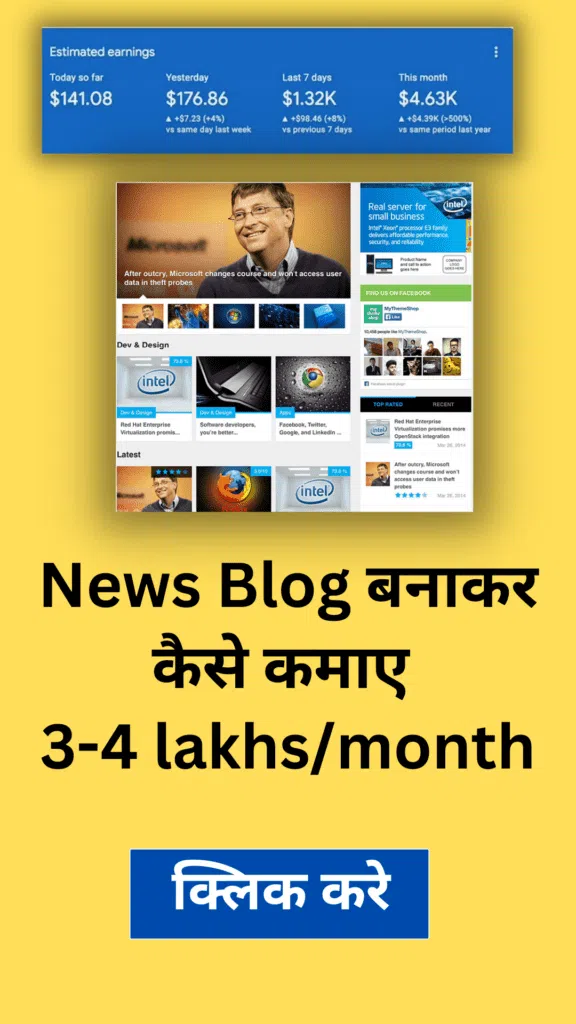Introduction
Chappell Roan’s recent exit from a popular festival has ignited a wave of discussion and debate across social media platforms. The singer’s controversial remarks regarding the election have led to significant backlash, ultimately influencing her decision to withdraw from the event. In this article, we will delve into the details of the incident, the surrounding circumstances, and the reactions from fans and critics alike. This exploration aims to shed light on the complexities of celebrity influence and the ever-evolving landscape of public opinion.
The Incident That Sparked Outrage
Chappell Roan, known for her vibrant performances and bold statements, made comments about the recent election that did not sit well with a portion of her audience. While she likely intended to engage in political discourse, the backlash was swift and fierce. Critics accused her of crossing a line, claiming that her remarks were not only inappropriate but also disrespectful to the event’s attendees and the broader public.
Roan’s comments, though perhaps intended to be humorous or thought-provoking, instead triggered a tidal wave of criticism. Many fans took to social media to express their disappointment and anger, leading to a significant shift in the festival’s dynamics. The singer’s decision to withdraw from the festival underscores the delicate balance public figures must navigate when discussing political issues.
Understanding the Backlash
To comprehend the intensity of the backlash, it’s essential to consider the current political climate. The past few years have seen a rise in polarization, with public sentiment often dictating the acceptability of certain viewpoints. Roan’s comments, although likely not intended to offend, struck a chord with those who felt disillusioned or frustrated with the political landscape.
The backlash has highlighted the potential repercussions for celebrities who wade into political waters. Fans expect their favorite artists to entertain and inspire, but when those artists express contentious opinions, it can lead to alienation and conflict. In Roan’s case, her remarks not only overshadowed her musical talent but also tarnished her reputation among some of her fanbase.
london night 3⋆˙⟡♡ pic.twitter.com/u5simyZvUM
— Chappell Roan (@ChappellRoan) September 23, 2024
The Impact on Chappell Roan’s Career
The festival was set to be a significant moment in Roan’s career, providing her with exposure and the opportunity to connect with a broader audience. However, her exit has raised questions about how such incidents can impact an artist’s trajectory. Will this controversy follow her into future performances? Will her fanbase dwindle as a result of her comments?
While some fans have rallied behind Roan, expressing support for her right to voice her opinions, others have threatened to boycott her music and performances. This division could have lasting implications for her brand and commercial success. As artists increasingly intertwine their personal beliefs with their public personas, they must be prepared for the fallout that can ensue.
Fans and Critics Respond
Responses from fans and critics have varied widely. Social media platforms became a battleground for differing opinions, with some users championing Roan’s bravery to speak out, while others deemed her remarks irresponsible. This dichotomy reflects a larger trend where celebrity opinions can polarize audiences.
Many fans took to Twitter and Instagram to voice their thoughts, and some have even created hashtags supporting or opposing her statements. The swift and vocal nature of these responses illustrates the immediate and potent influence of social media in shaping public perception.
| Response Type | Comments | Sentiment |
|---|---|---|
| Supportive | “Chappell Roan has the right to speak her mind!” | Positive |
| Critical | “She should stick to music and not politics.” | Negative |
| Indifferent | “I just want to enjoy the music.” | Neutral |
Future Considerations for Artists
Chappell Roan’s experience serves as a cautionary tale for artists navigating the intersection of music and politics. The fallout from her remarks illustrates the importance of considering the audience’s perspectives and the potential repercussions of public statements.
Artists must weigh their desire for authenticity against the risk of alienating segments of their fanbase. The world of social media adds another layer of complexity, as opinions can spread rapidly, amplifying both support and criticism.











